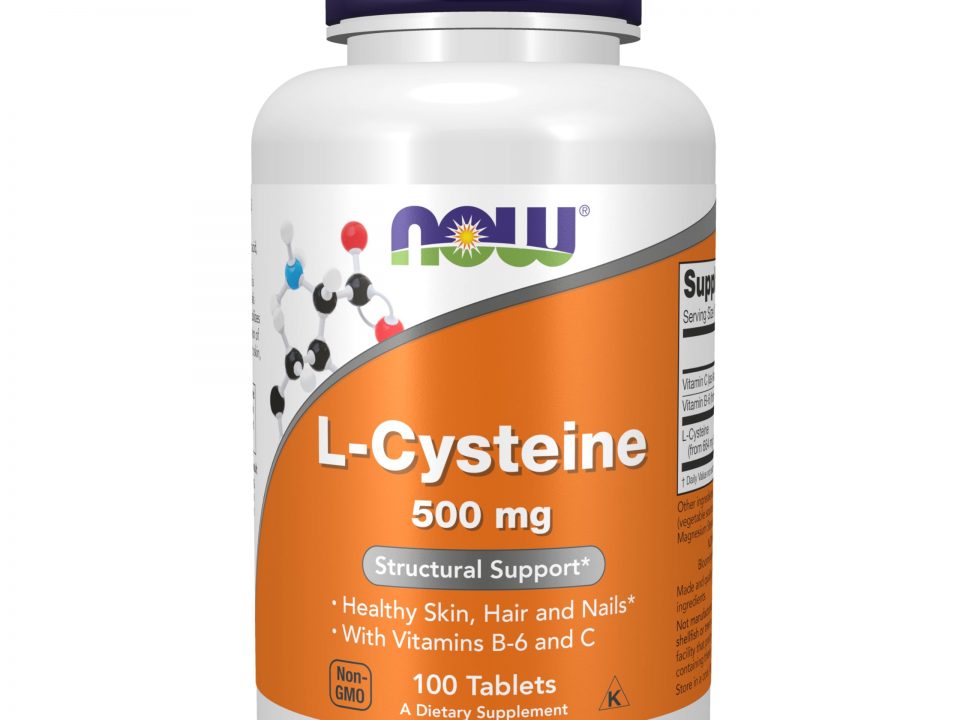- با ما در تماس باشید
- 09308658811
- iranepf@gmail.com
Plasma protein carbonyl responses to anaerobic exercise in female cyclists
Association between Physical Activity and Serum Bilirubin Levels and Its Potential Modulating Effect in Trained and Untrained Adult Males
۵ خرداد ۱۳۹۵Effects of Kinesio® Tape vs Rigid Tape on Shoulder Muscle Strength in Healthy Tennis Players
۵ خرداد ۱۳۹۵M.E Afzalpour, H Bashafaat, A Shariat, H Sadeghi, I Shaw, A. A Dashtiyan, B.S Shaw
International Journal of Applied Exercise Physiology
Single bouts of aerobic exercise may leads to oxidative stress due to the use of oxygen for metabolism and the generation of reactive oxygen. In athletes, oxidative stress can lead to several deleterious performance effects, such as muscular oxidative damage, muscle soreness, loss of skeletal muscle force production and/or inflammation. However, little is known regarding the severity and duration of oxidative stress arising from intensive anaerobic modes of exercise in aerobically-trained athletes. The purpose of this study was to investigate the effect of a single bout of intensive anaerobic exercise on plasma protein carbonyl (PC) in aerobically-trained women. Aerobically-trained, provincial female cyclists [n = 18, age: 24.2±۲٫۷ years; stature: 163.6±۴٫۶ cm; body mass: 53.4±۴٫۲ kg] were randomly assigned into either a non-exercising control (CON; n = 9) or experimental (EXP; n = 9) group that underwent a 30-second anaerobic (Wingate) cycle ergometer exercise session. Blood sampling took place before exercise, immediately after the exercise (IE), and 24 hours following the exercise (24HR) bout. In the EXP, results indicated significant (P ≤ ۰٫۰۵) differences in PC levels between the pre-test and IE (0.010±۰٫۰۱۲۴ to 0.0149±۰٫۰۴۲۰ mmol/milt; P = 0.010), and IE and 24HR (0.0149±۰٫۰۴۲۰ to 0.0111±۰٫۰۱۸۳ mmol/milt; P = 0.013). No significant differences were observed between pre-test and 24HR (0.010±۰٫۰۱۲۴ to 0.0111±۰٫۰۱۸۳ mmol/milt; P = 0.371). These results indicate that oxidative protein damage, as indicated by PC levels, rises immediately with the onset of anaerobic exercise, but returns to resting levels within 24 hours following exercise in aerobically-trained women.


